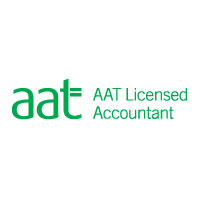Engagement Letters
When you engage a professional to act on your behalf or a Limited company’s behalf, the professional should furnish you with an engagement letter. This defines the legal relationship between the professional person and/or firm (professional) and the client. The client should sign the engagement letter to agree to the terms.
The engagement letter should detail:-
- Service to be rendered to the client
- Responsibilities of the professional
- Responsibilities of the client
- Constraints on the professional
- A description of the basis of the fees
- Deadlines required for received information from client.
Standard Terms of Business
- Anti Money Laundering Legislation (if applicable)
- Detection of irregularities and how they are dealt with.
- Fees, basis, terms of payment and action taken after unpaid fees
- Satisfaction of service
- Limitation of Liability
- Ownership of documentation.
If you are registered with the Information Commissioner under the Data Protection Act 1998, you should inform the client and provide a statement on the fair handling of data.
Any liability disclaimers in relation to acting on information supplied by the client or complying with legislation.
Depending on the professional’s qualifications and body under which guidelines they operate, will depend upon the specific details contained in the engagement letters.
What are they for?
To help and assist the client in understanding their rights and obligations, so the professional can provide the service the client requires.
In the event of a dispute or complaint regarding insufficient information or an inadequate level of service, the engagement letter can provide significant protection in legal claims.
The engagement letter should be clear and easily understandable and also be in an accessible format.
There is much to HMRC’s legislation and it is advisable to seek the advice of a qualified appropriate accountant.
Please contact: Dawn Johnson FMAAT
All news
 Dawn Johnson is licensed and regulated by AAT under licence number 126542.
Dawn Johnson is licensed and regulated by AAT under licence number 126542.
